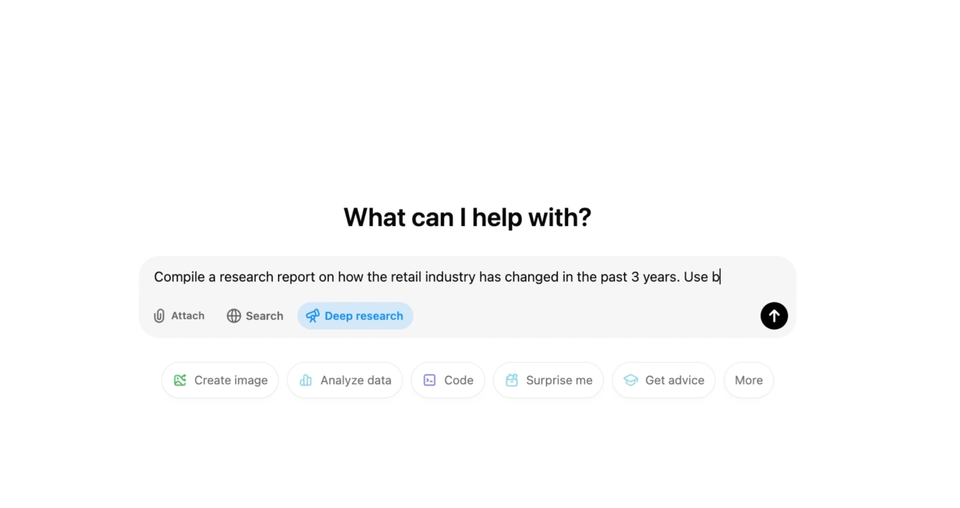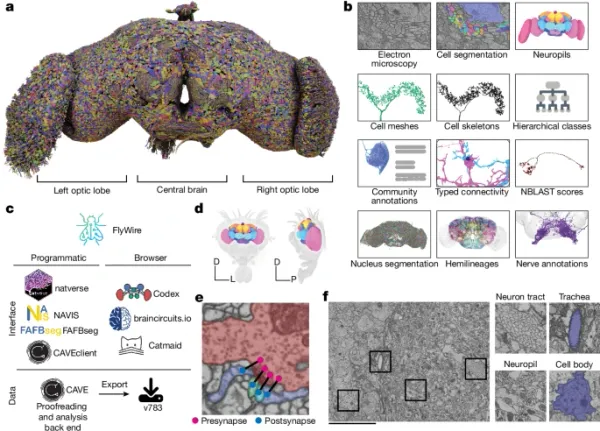Thoughts about The New OpenAI Product: Deep Research
Table of Content
Okay, so let’s talk about OpenAI’s latest feature, Deep Research. I’ve been playing around with it, and honestly, it’s got me pretty excited.
As someone who’s always diving into complex topics (whether it’s tech or medical research), having an AI that can pull data from multiple sources and give you a detailed, multi-step answer feels like a real game-changer.
But here's the thing—there’s a big conversation happening in the research community right now. Many researchers have not been using ChatGPT, and for good reason. It’s been reported time and time again that ChatGPT sometimes fakes research papers and results. This is a huge red flag for anyone who’s trying to use it for academic purposes. I get it. If you’re doing serious research, you don’t want to be misled by something that pulls fake references or garbles data.
Now, with the launch of Deep Research, the hope is that OpenAI has addressed some of these concerns. At least, that’s what we’re all hoping, right?
So, What’s Deep Research All About?
Well, the cool thing about Deep Research is that it promises to take things further than just pulling quick answers from a single source. It’s designed to tackle more complex, multi-step tasks—kind of like having a research assistant who knows how to dive deep, pull together information from all over the web, and actually make sense of it.
If you’re anything like me, when you’re knee-deep in a research project, the last thing you want is half-baked info or citations that don’t hold up. That’s where Deep Research comes in. It claims to sift through multiple sources, analyze them, and give you a much more thorough, thoughtful answer.
It sounds great on paper, but does it actually work? We’re still waiting to see how well it holds up when we test it against the real nitty-gritty of research.
Will This Help Fix the ChatGPT Fake Papers Problem?
Look, the reality is that many researchers have found themselves frustrated with ChatGPT in the past because of its tendency to make up references or get things wrong.
You can’t trust everything an AI spits out, especially when it’s presenting fake research or fabricated results (this has been flagged by the community more than once). For people working in serious fields, this is a big deal.
That said, Deep Research might be OpenAI’s attempt to fix that. The feature promises to give you not only more detailed answers but also more transparent sources, showing you exactly where the info came from. I think that’s a step in the right direction.
If Deep Research can actually back up its claims and make sure the sources it uses are credible, it could be a real asset for young researchers who need a leg up but still want to make sure their data is reliable.
Is This the Future of Research?
Honestly, I’m excited about the potential here. As someone who juggles projects in fields like healthcare IT and tech development (and is no stranger to getting buried under a pile of research papers), Deep Research could save hours of time, helping me sift through the noise and get to the important stuff faster.
But I also think there’s a big learning curve ahead. I’ve had my fair share of frustration when AI systems get things wrong.
Still, if OpenAI can nail the transparency aspect and ensure the sources are solid, I could see this being a huge tool for young researchers who are just starting out and need a little extra help with the basics.
For me, Deep Research has the potential to help bridge that gap between generating ideas and actually finding reliable data. The fact that it’s trying to pull from multiple sources and give us a more thorough answer is promising—but only if it doesn’t repeat the mistakes of its predecessors.
If you’ve been skeptical of using ChatGPT for serious research because of the fake references, I totally get it. But if this new feature can really live up to the hype, it might just change the game.
What do you think? Have you used ChatGPT for research before? Was it reliable? Do you think Deep Research will finally get it right? Let’s talk about it!











